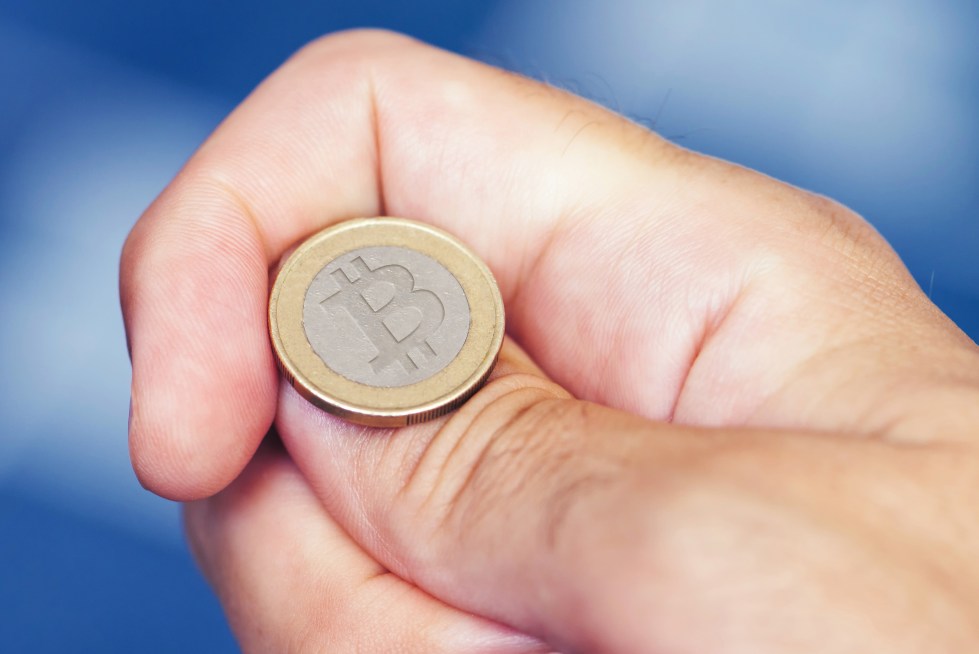One of Japan’s most infamous entrepreneurs, Masayoshi Son, lost USD $130 million during the Bitcoin correction that occurred in 2017.
Masayoshi Son was dubbed “Japan’s Warren Buffet” in an opinion piece posted by Nikkei Asian Review. His company, Softbank, has invested over $100 billion into companies such as Uber, WeWork and other companies based in Silicon Valley.
Son’s investment experience apparently didn’t prepare him for the massive whipsaw coming his way when the Bitcoin market overheated in 2017. According to The Wall Street Journal, Son bought into BTC as it neared its all-time high near $20,000. Son would later close his positions as the Bitcoin hysteria died down and lost USD $130 million in the aftermath.
Remarking on Son’s decision to invest in Bitcoin, Nikkei suggested that Son forgot “Buffet’s 101 lesson to never invest in something you don’t understand.”
The Pessimism of Billionaires
Buffet himself has shown to be strongly anti-crypto in statements released to the media. In 2018 he stated that “cryptocurrencies will come to bad endings. There is nothing being produced in the way of value in the asset.
Also, in the past, Buffet has called bitcoin “rat poison squared.” Although in October 2018 Buffet would have an apparent change of heart. As Bitcoinist reported, Buffet’s Berkshire Hathway invested $600 million in two fintech payment firms that were not too distant from the blockchain landscape.
These decisions by Buffet and Son show the divergence of opinion between business leaders as well as the broader views held between the eastern and western economies.
Japan’s Blockchain Paradox
In the Nikkei Asian Review, Japan’s position was described as a paradox as it attempts to strike a balance between innovation, accountability, and regulations.
These facts were highlighted by the Mt.Gox hack that occurred in 2014 as well as the case of Coincheck in 2018. It’s events like these that seemingly cause a need for tighter regulations and controls — while the Yen continues to compete with the dollar in top bitcoin trading.
Nikkei also notes how the cultural differences between the countries could be impacting the growth of bitcoin in the country.
Outlook Remains Positive
Despite these exchange hacks, setbacks, and national bureaucracy, the nation appears to be “on the right path.”
For example, the Financial Services Agency (FSA) in Japan is reportedly working closely with revised regulations to better protect investors.
Furthermore, greater clarity around the legality of bitcoin and other virtual assets is expected by late June when international leaders meet in Japan for the G20 summit. The issue cryptocurrencies, in particular, is claimed to be on the agenda.
What do you think of Japan’s stance towards cryptocurrencies? Lets us know in the comments!
Images courtesy of Shutterstock.
